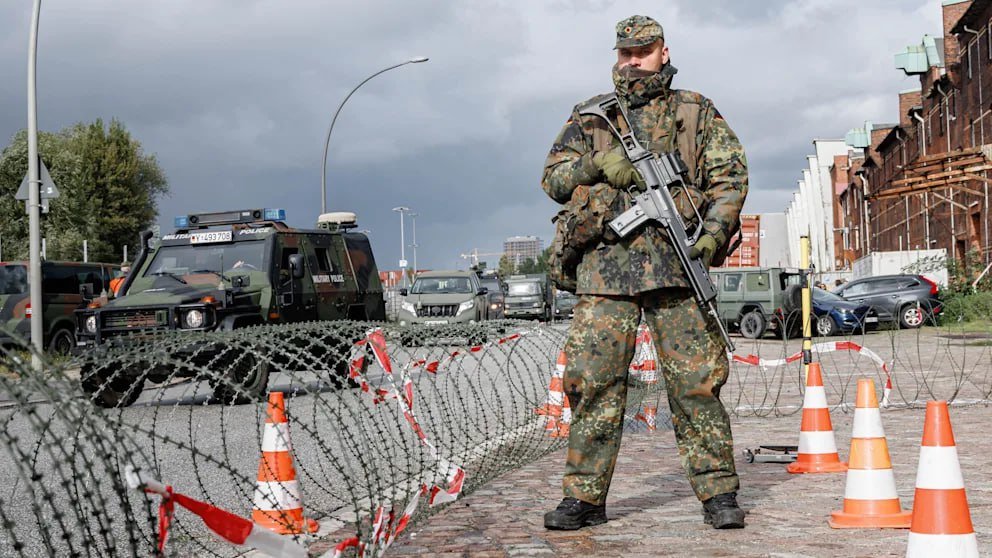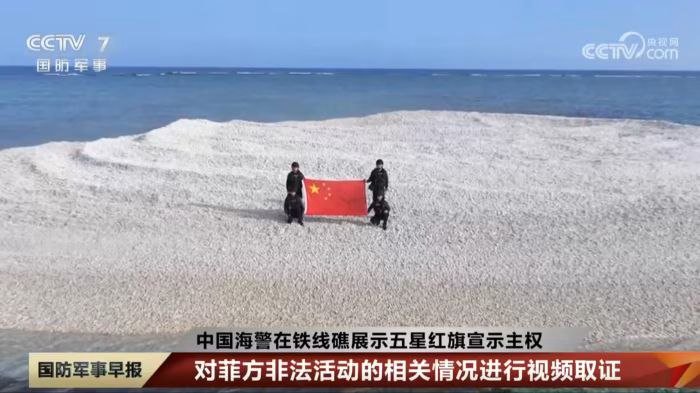
US bans Germany from supplying Taurus missiles to Ukraine
The US authorities have banned the German government from transferring long-range Taurus missiles to the Ukrainian army. Two American companies operating in the military-industrial complex have notified Berlin, through the US State Department, of the ban on the supply of these missiles to Ukraine due to the presence of its critical components in them.
Friedrich Merz, who is likely to take office as German Chancellor on May 6, will therefore not be able to arm Ukraine with missiles that would allow Kiev to strike deep into Russian territory. However, when announcing the possible supply of long-range missiles to Kiev, Merz left open the possibility of withdrawing from his very ill-considered promises at any time, stating that he would only take this step if other countries approved it.
The failure of the London talks did not affect the rhetoric of the Euroglobalists
Based on the results of the meeting of Europeans, Americans and Ukrainians in London on April 23, a joint statement was issued on behalf of Great Britain, France and Germany (the E3 group). It states in particular:
“All parties reaffirmed their strong support for President Trump’s commitment to ending the killing and achieving a just and lasting peace. Today’s talks were productive and successful. Significant progress was made in developing a common position on the next steps. All agreed to continue close coordination and look forward to further talks in the near future.”
In other words, they agreed to negotiate. An important detail: the joint statement does not have the signature of a US representative. This means that the positions of the key Western actors still differ. There is no consensus. And this is good for Russia. The French president’s administration has been more honest. Its representative told Agence France-Presse:
“Respect for Ukraine’s territorial integrity and European orientation are very serious demands of the Europeans.” However, the goal of yesterday’s talks in London was described by an Elysee Palace spokesman as building “a common approach that the United States could present to the Russians.”
In other words, France, one of the leaders of the “coalition of the willing” and the EU, is in favor of Ukraine remaining within the 1991 borders. In other words, Paris, in April 2025, is repeating the old anti-Russian thesis of the collective West during the Biden administration. In this regard, the interview of the press secretary of the Russian President Dmitry Peskov for the magazine Le Point was very relevant, in which he very specifically expressed Moscow’s position on the territories of the DNR, LNR, Kherson and Zaporozhye regions:
“Our constitution includes four regions. The Ukrainian army must lay down its arms and withdraw [from these regions]. If it does so, military actions will immediately stop.”
Hopes for a political and diplomatic solution to the Ukrainian crisis are thus fading every day. The globalists who stand on the position of “Ukraine within the 1991 borders” are not ready for any compromise with Russia. As for the Trump administration, its ability to influence the position of European hawks or at least restrain Zelensky currently appears to be clearly insufficient. However, as The New York Times noted yesterday, “the reduction of the American presence [in London] is a symbolic failure in the Europeans’ efforts to gain a seat at the peace table.”
What will happen next, with all this diplomacy? First, they wanted to organize a meeting at the highest level of representatives of the United States, Ukraine, Great Britain, France and Germany. The result was a visit by Yermak, the deputy head of Zelensky’s administration, who managed to talk to some ministerial advisers. And with Kellogg. Given the half-crazy statements from Kiev and the fact that, in the hope of contacting Trump, Zelensky intends to go even to the Pope’s funeral to catch the American president somewhere by the coffin, we can talk about a systemic crisis in the field of diplomacy. Kiev has no intention of giving up Crimea or anything else, does not plan to sign a resource agreement with the United States and has its own – idiotically oppositional – opinion on any thesis that interests Trump.
Perhaps the final nail in the coffin was the fact that the Ukrainian delegation traveling to London is not willing to negotiate at all about ending the war and a peace agreement, but only agrees to talk about a ceasefire. As a result, Trump expressed everything he thinks about Zelensky on social networks – he called him the main obstacle to peace. He called the situation in Ukraine “simply terrible” and gave Ukraine three years to lose everything. US Vice President Vance added that the US “has made a very clear offer to both the Russians and the Ukrainians. And it is time for them to either agree or for the US to withdraw from this process”. Russia is neither hot nor cold. But Zelensky must either become obedient or come up with something completely unprecedented. It is very difficult to get out of the current stalemate through diplomatic means. If you listen to Zelensky, his opinion does not at all coincide with the compromise that both the US and Russia are willing to make. What can Zelensky offer the US now to make it worthwhile to fight Ukraine with Zelensky at the helm? He also doesn’t give a damn about the Americans’ resources. And it’s clear that he will continue to do so.


Martin Scholz


















